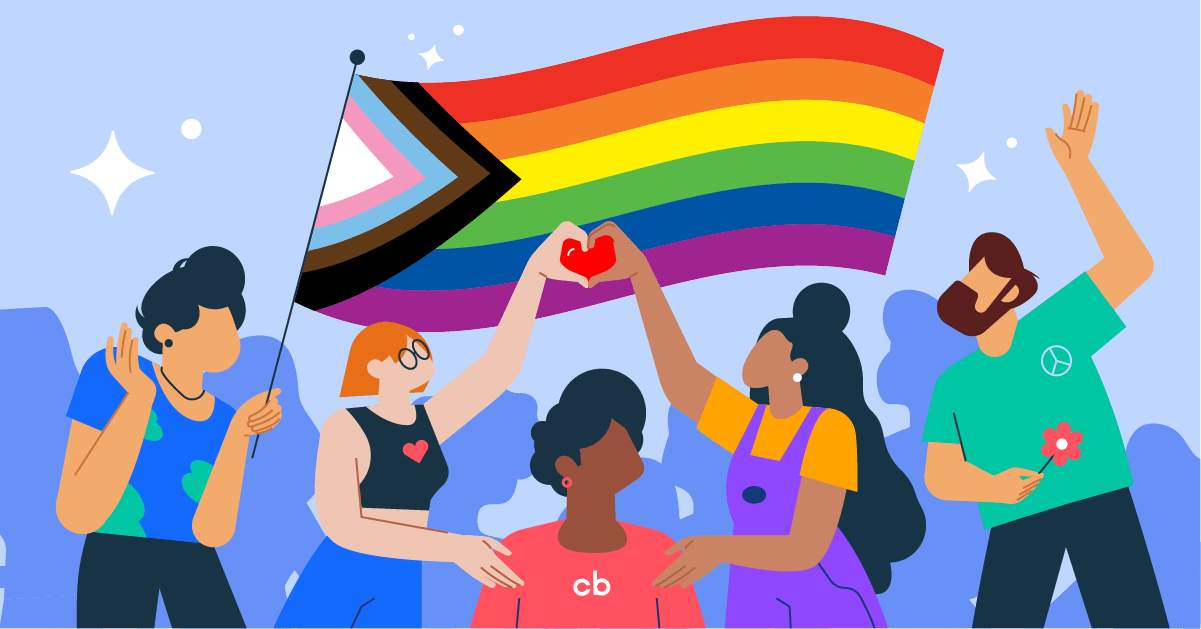How much sleep do you really need?
On average, adults need roughly eight hours of sleep per night. However, it’s important to listen to your body, so when you wake up feeling your best, track how many hours of sleep you had or remember your nighttime routine. This way you can recreate what works best for you.
Sleep isn’t just about the number of hours of shut-eye we get each night, but the quality of sleep we get can have a significant impact on our overall health. Check out insights from TogetherAll to find out more.
The stages of sleep
Sleep happens in a series of recurring sleep stages. Each stage plays a part in restoring us and preparing us for the day ahead.
Stages of sleep:
- Drowsiness—we are feeling tired and ready to slip into slumber
- Deep restorative sleep (non-dreaming deep sleep)
- Alert stages (non-dreaming light sleep)
- Dreaming stages (REM sleep)
Each cycle lasts about 90 minutes and repeats four to six times over the course of a night. For good quality sleep, these stages repeat uninterrupted. But if you find yourself stressed, anxious or not sleeping well, then you may wake and interrupt these cycles, which can leave you tired and irritated the next day.
Our body needs all the stages of sleep to feel our best. Deep sleep renews the body and helps us feel energized the next day. It also boosts our immune system and is imperative for our growth and development. Deep sleep also secretes a growth hormone that helps the body repair itself.
REM or dreaming sleep renews our mind. It allows our brain to process and bring together what we have learned in the day and helps strengthen our memory. REM sleep also helps boost our mood by replenishing our brain’s chemical messengers.
A huge impact on our sleep health? Light and screens. Screens have a significant effect on our sleep because light is one of the most powerful regulators of our internal body clock. Our brains normally secrete more melatonin when darkness falls, making us tired and ready for sleep, but with TVs, tablets, laptops, and cell phones, we are getting more light at night, preventing melatonin production making us less drowsy and unable to fall asleep at a normal time.
Other factors that can prevent quality sleep:
- Stressful events of the day
- Difficult life situations, such as losing a loved one
- Worrying about school, relationships, Covid-19, etc.
- Anxiety, depression, or post-traumatic stress
- Poor physical health or side effects of medications
- Use of stimulants or lifestyle habits that work against your internal clock
How to improve sleep
We may try to combat tiredness with naps, coffee, and alcohol, but these actually disrupt our sleep even further.
Lifestyle changes or improving your ‘sleep hygiene’ can help you get back on track after sleepless nights or waking up feeling tired. Think about the barriers that prevent you from having good quality sleep. Is it your study schedule? Your social life? Daily stressors that prevent you from relaxing? Try some of these tips to work on improving your sleep:
- Create a schedule to make sleep a priority and prevent you from staying up late. Togetherall has a goal-setting guide to help you keep on track. You could also use the journal tool to create a priority list with sleeping being at the top.
- Avoid screen time while in bed. The blue light from your devices blocks melatonin, preventing us from getting tired. Try using laptops or phones at a table or desk and watching TV on the couch and not in bed.
- Cut down on caffeine later in the day. Ideally, cut out caffeine eight hours before bed.
- Nicotine and alcohol are stimulants that can prevent us from feeling tired and sleeping. Keep this in mind as you assess your sleep hygiene.
Sleep is imperative to our physical and mental health. We need proper sleep to feel refreshed to take on the day. If you find yourself struggling with sleep, Togetherall has courses and resources to help you better understand your relationship with sleep so you can feel better and handle everything life throws your way.
Togetherall offers a safe and anonymous community where people can connect to share their experiences and get (or give) the support they need. Access to the Togetherall platform is free and members of the community are kept safe by mental health professionals 24/7.

